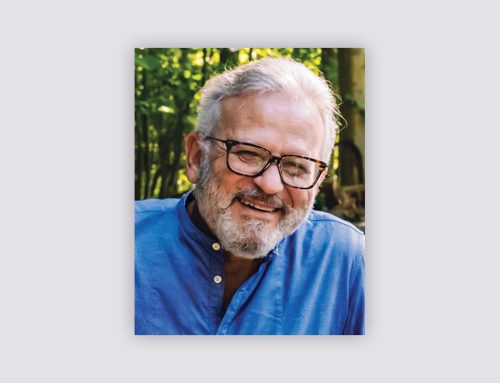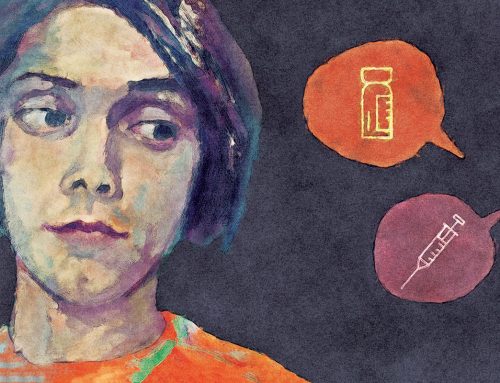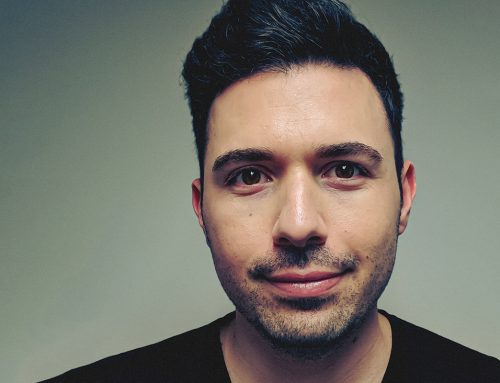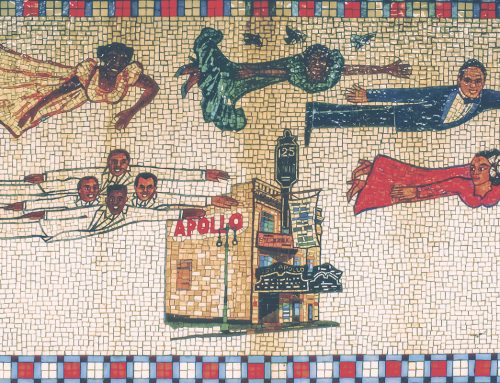
As defined by the CDC and NIH, health literacy is the degree to which individuals have the ability to find, understand, and use information and services to inform health-related decisions and actions for themselves and others.
It sounds straightforward, but for a large segment of our population, it can be out of reach. An individual’s health literacy may be low because they have fewer experiences engaging with providers who encourage them to be actively involved in their health decisions or their lower literacy skills make it difficult to understand complicated health information and instructions. There may be systemic and cultural barriers to care, or they may have limited English proficiency. These issues often affect older adults, individuals from racial and ethnic minority groups, and those with lower socioeconomic status.
As has been the case with health inequities across the board, disparities in health literacy were made starkly apparent in the wake of the COVID-19 pandemic. One of the many factors contributing to the disproportionate impact of the pandemic on vulnerable populations was the scarcity of effective communication and resources to enable them to protect themselves from the virus.
“Health literacy isn’t just about the individual,” says Associate Professor Sasha Fleary. “It’s an ecosystem that involves families and communities and the organizations providing information and services to them.”
In March 2021, the Biden administration announced a $250 million initiative to support community organizations that work to address gaps in the response to COVID-19. The initiative, called Advancing Health Literacy to Enhance Equitable Community Responses to COVID-19, is run by the U.S. Department of Health and Humans Services (USDHSS) Office of Minority Health and has awarded grants to some forty different municipalities across the U.S., including New York City.
In the summer of 2021, USDHSS awarded the New York City Department of Health and Mental Hygiene (NYCDOHMH), in partnership with CUNY SPH, funding to implement the Community-based Initiatives for Health Literacy and Action (CIHLA) in New York City.
Fleary, who has devoted much of her career to advancing health equity through health literacy, is leading the CIHLA project on the CUNY SPH side. The school’s Harlem Health Initiative and Vaccine Literacy Campaign are also providing support.
“It’s absolutely essential for projects like these to engage the affected communities in developing strategies and supports to address the unique challenges each is facing,” says Fleary.
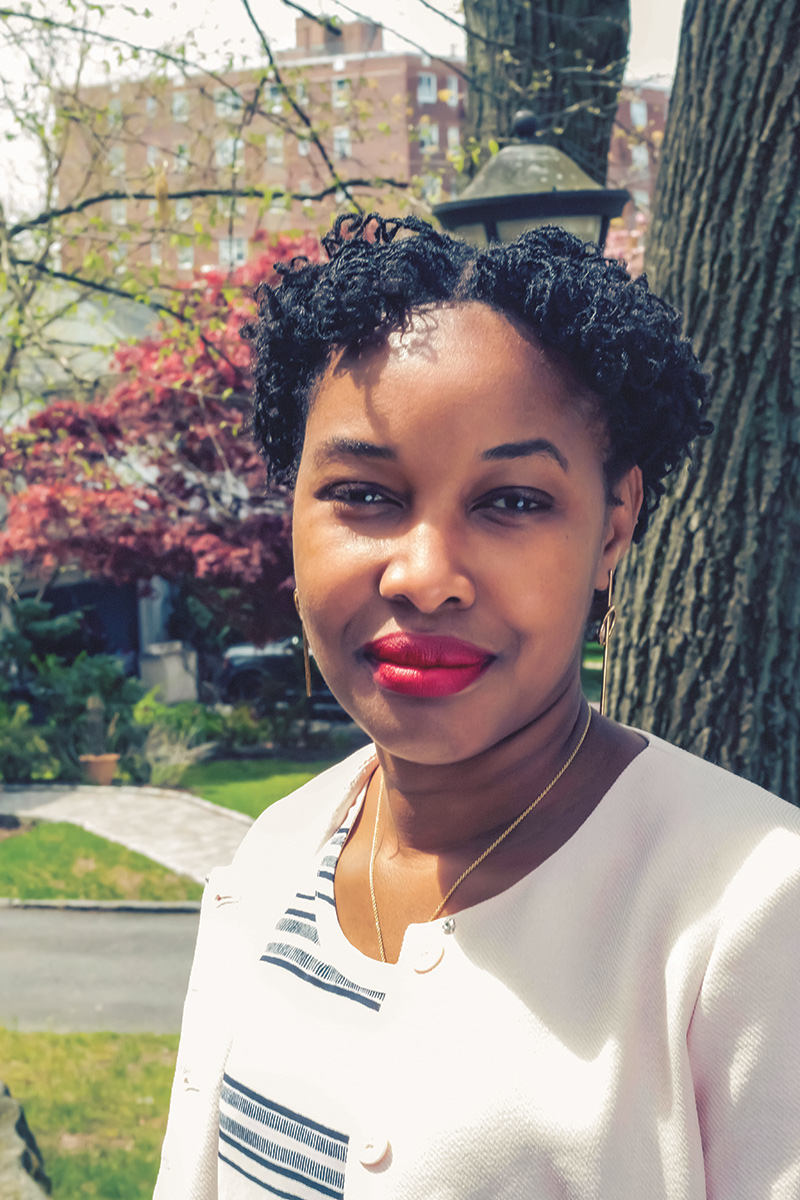
Sasha Fleary
Fleary is also partnering with NYCDOHMH to launch another project: one of the largest mental health surveys of New York City residents ever undertaken. The NYC Neighborhood Wellness Survey will collect data from a probability-based sample of 50,000 New Yorkers. The project will be housed within The CUNY Institute for Implementation Science in Population Health (ISPH), where Dr. Fleary is an Investigator.
The project is a massive endeavor that will compile zip code-level data on such issues as adult mental health, substance use, and developmental and intellectual disabilities. It will also examine the factors that shape physical and mental health, such as stable housing, food security, education and job opportunities, and the built environment.
“Getting zip code level data about mental health status and access to mental health resources will allow for more informed and equitable distribution of resources,” says Fleary. “We need to be more intentional about ensuring that policies and programs truly meet the needs of New Yorkers who are underserved and disproportionately impacted by the multiple pandemics in NYC.”
The project will be part of the CUNY ISPH’s larger population health portfolio, which includes large scale population health surveys and cohort studies, with research focused on improving population health via better implementation of evidence-based implementation strategies and polices.
“The CUNY ISPH’s mission and its long history of collaboration with NYCDOHMH on these types of projects is a key reason why they approached us to collaborate on the design and execution of this large-scale survey on mental health,” Fleary says.
“This survey will produce robust knowledge and insights that will provide policy makers and community-based organizations with the information and data needed to develop and implement policies and acquire funding to address the challenges facing the different populations that make up New York City,” says Fleary. “The goal is for the data gathered from this survey to be used to inform the implementation of policies and programs not just for mental health and substance use but also important related social determinants of health such as food and housing insecurity. It will be an invaluable tool as we all work together to optimize the well-being of all New Yorkers.”
